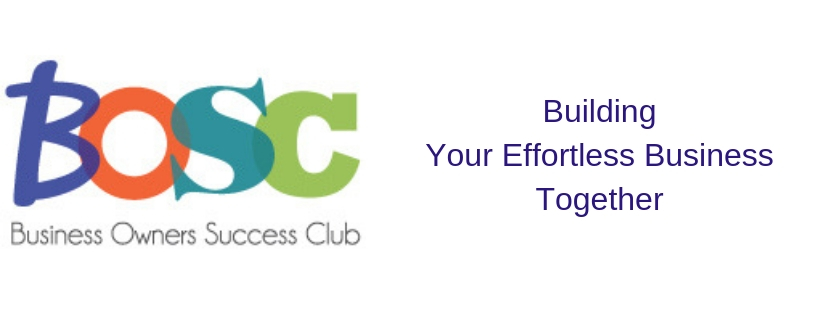 Many business owners resist putting systems in place because there is just too much going on and they can’t see how systems can even stay intact. let alone help with emergency situations. And there are always emergency situations.
Many business owners resist putting systems in place because there is just too much going on and they can’t see how systems can even stay intact. let alone help with emergency situations. And there are always emergency situations.
How to deal
When I was a construction manager, my crews would come into my office and say there was an emergency. I would pick up the phone (this was before everyone had a cell phone) and ask, “Ambulance, Police or Fire Service?” It was never one of those. It was a problem that had to be dealt with. The biggest problem we had was when the building inspector shut us down. I went to him with an attitude of let’s work together to get this thing back on track. Half hour later we were back in business. Other builders were shocked to see our crews back on site so soon. This story illustrates many components of dealing with ’emergencies’ and we will unpack them here.
Put it in context
Unless there is blood or imminent loss of life, it is not an emergency. It could be a very major problem but it isn’t an emergency. You will be able to deal with it better if you are not in high fight or flight mode. Dig in, find out the problem and fix it. I approached the building inspector in that way. I was inquiring what we needed to do to comply. I made it clear that our only intention is to do what was right and somehow our needs clashed and my desire was to out everything in order. He was used to project managers yelling and blaming. When it is in context you can take a constructive approach.
Build Slack into your system
Shit happens. All the time.
If your business is running on the edge you don’t leave yourself any wiggle room to deal with the inevitable snafus as they show up. You end up making decisions based on what is right in the moment rather than what is right for the business and everyone involved. Those two decisions are rarely the same.
Your people are willing to step up when required, until the are required to step up all the time. You know those businesses where everyone seems to be on high-alert all the time. There is a toxic sort of energy in the air. Rather than the creative hum of energy. Build slack into your system so you aren’t burning your people out.
Your customers can be forgiving, too. For a while. If your aisles are always full of product waiting to be shelved, or your turn around time stays longer than industry standard or you can’t get the parts you need to complete the work, your customers will go elsewhere. Build slack into your system.
This is where systems shine. You design them during the best of times and that gives you the luxury of seeing where you can add the slack you need.
Learn as you go
Every time you deal with an emergency, take time afterwards to study what happened. Is there something about your system that triggered the problem? How can you avoid that problem and any others like it? Is there a procedure you can put in place for how to deal quickly with similar situations.
Each of these situations is an opportunity to fine tune your systems.
Empower your people
Your team are in the thick of your business and can see problems before they get so big. Empower them with the ability to head problems off. When you people are clear on what outcomes you want, what your culture is and where their authority extends, they will be able to confidently handle most problems before they become too big.
Take some time after every snafu to figure out where and how it could be avoided in future. It’s important to do this without blame. Blame gets in the way of an effective team working together.
Your systems will give them what they need to know.
Systems make it easier to run your business. Systems help you weather the inevitable problems that come your way. Systems help you avert many problems or deal with them when they are small.
Well-run companies have great systems.
